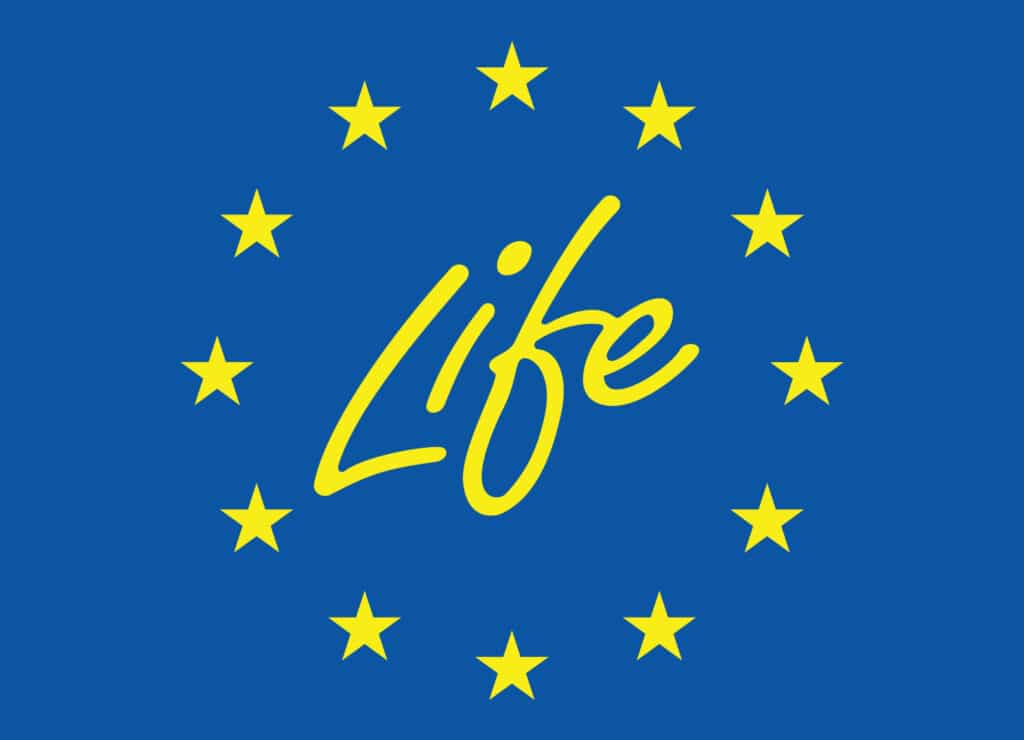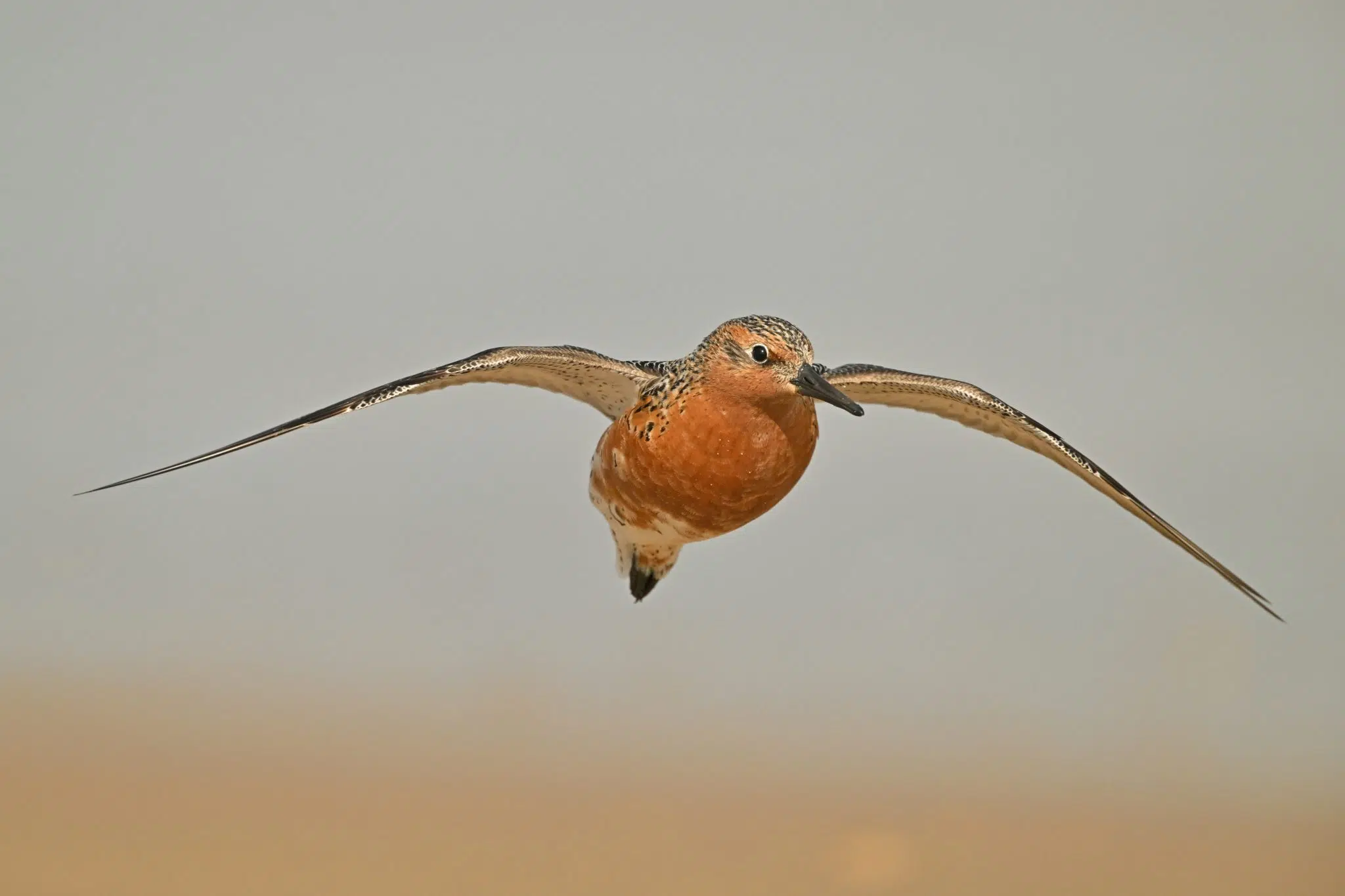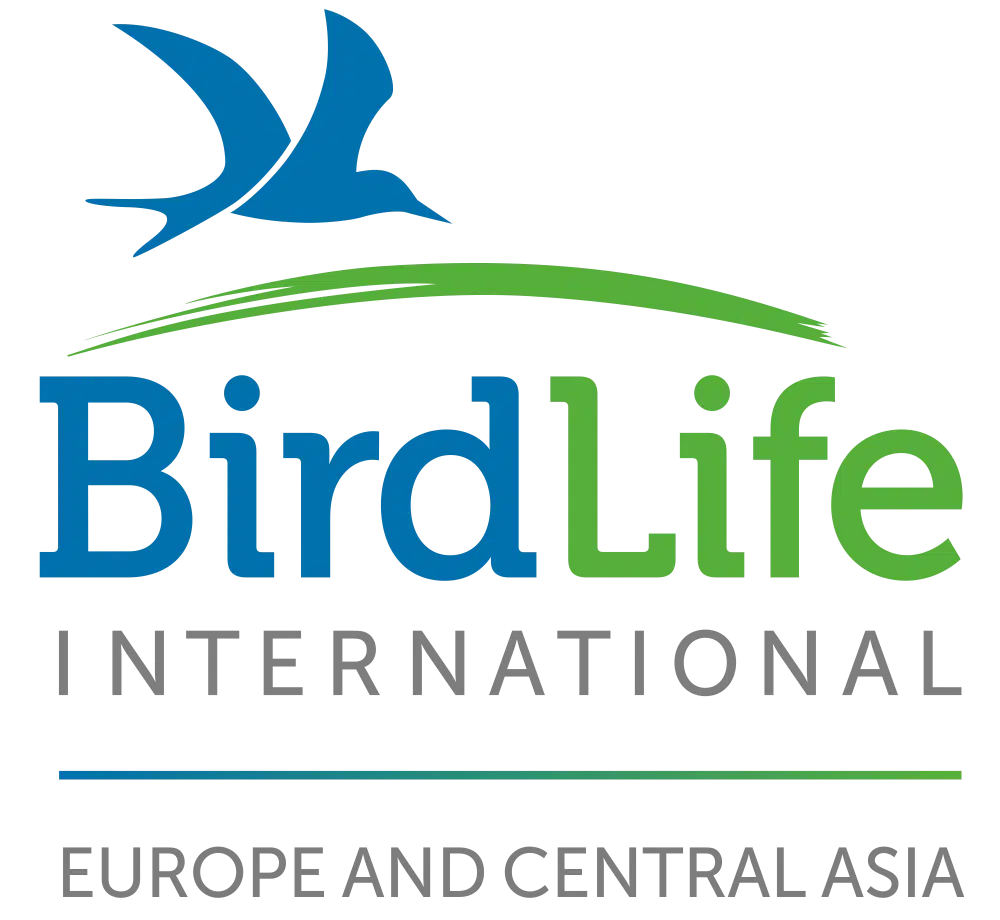Press Release: EU Ombudsman opens inquiry into legitimacy of CAP rewrite process

The EU Ombudsman has launched an inquiry after ClientEarth and BirdLife raised serious concerns about the ‘emergency’ amendment of the bloc’s agriculture policy – which is allocating around €386 billion in subsidies over five years.
The NGOs presented the complaint to the Ombudsman just earlier this summer, highlighting major democratic issues with the procedure, and pointing out that weakening environmental protections is a threat to the future of farming.
The Ombudsman, Emily O’Reilly, has written to Commission President Ursula von der Leyen, asking a series of questions about the procedure, and requesting a meeting.
ClientEarth lawyer Sarah Martin said: “This is an extremely encouraging move by the EU Ombudsman, and indicates that there are indeed democratic questions to probe.
“We took this action because of the vital need for policy that protects the future of farming – and because of the paramount importance of democratic lawmaking. It is the core of just societies and will only become more important as the climate and nature crisis escalates. We cannot see the European Commission repeat what happened with the CAP proposal – and we will be closely following this inquiry.”
In her letter and accompanying questions, the Ombudsman interrogates the Commission on whether it conducted an examination of the available evidence; why it did not consult a diversity of stakeholders beyond four farming organisations; and how it complied with its obligation under the EU Climate Law to assess the amendments against the bloc’s climate goals. She reiterated that ClientEarth and BirdLife were:
“…particularly concerned that the Commission might have relaxed certain environmental requirements without having examined, in a comprehensive manner, the available evidence to make sure that the new rules would not undermine the environmental and climate goals of the EU, as well as the sustainability of EU agriculture in the long run.”
Marilda Dhaskali, Senior Agriculture Policy Officer at BirdLife, said: “Skipping the impact assessment during the ongoing nature and climate crisis was reckless and irresponsible. This inquiry will hold the Commission accountable and send a clear message to the new Commissioner for Agriculture and Food that when it comes to the future of farming in Europe, everyone must have a say. We hope this inquiry sparks essential reforms, steering the post-2027 CAP towards a fairer, more sustainable path.”
Since the NGOs launched their complaint, the public has also gained access to documents reviewing the performance of the CAP Strategic Plans so far, after access was denied to BirdLife. The right to this type of information forms a crucial part of the democratic process.
ENDS
Notes to editors
ClientEarth and BirdLife submitted their original complaint to the Ombudsman in July 2024 – story here, and complaint text here.
The NGOs argued that the revision procedure amounted to maladministration by the European Commission, including by going against Better Regulations guidelines, and failing to live up to the EU’s legal principles on transparency, consultations and evidence-based decision-making. The organisations said that the Commission also breached its legal duty under the EU Climate Law by failing to assess the consistency of the CAP reform proposal with climate targets.
Citing political “urgency”, the Commission conferred with just four farming unions, behind closed doors, with no opinions sought from NGOs or citizens. The previous reform had garnered input from over 300,000 stakeholders.
The resulting proposal for the revision went against the wishes of two of those four farming unions, and the Commission omitted to carry out any kind of impact assessment or otherwise demonstrate that it had taken into consideration the best available evidence.
What can the Ombudsman do?
The organisations are asking the Ombudsman for a finding of maladministration in the way that the Commission prepared the legislative proposal.
They want the Ombudsman to recommend that the European Commission publicly communicate prior to making any deviations from Better Regulation Guidelines should they occur in the preparation of future proposals, convincingly justifying that it took into consideration the best available evidence; and ensure proportionality of the measures it proposes and coherence with other policies.
The European Ombudsman does not have enforcement powers, but it can propose solutions and make official recommendations.
Prior legal action on the CAP
This Ombudsman action exclusively concerns the process used to amend the CAP, and centres around democratic concerns rather than the substance of the amendments.
However, in 2023, ClientEarth teamed up with Collectif Nourrir to challenge the EU Commission’s approval of France’s strategic plan under the CAP, arguing that it fell far short of the Policy’s environmental requirements. The case is currently before the CJEU.
Further background
The European Environment Agency warned against reflex lawmaking in its 2022 report (updated in April 2023), saying: “The European Green Deal and its farm to fork strategy represent a fundamental step towards achieving agriculture and food system sustainability. These commitments should not be undermined by short-sighted responses to rising food prices and fears of global food shortages resulting from the invasion of Ukraine (IPES-Food, 2022).”
Contact:
Ellen Baker – ClientEarth – Global Communications Manager [email protected]
Honey Kohan – BirdLife Europe – Communications Manager [email protected]
Cover image by Yves Adams
You might also be interested in:
 | Stichting BirdLife Europe gratefully acknowledges financial support from the European Commission. All content and opinions expressed on these pages are solely those of Stichting BirdLife Europe. The European Commission is not responsible for any use that may be made of the information it contains. |









